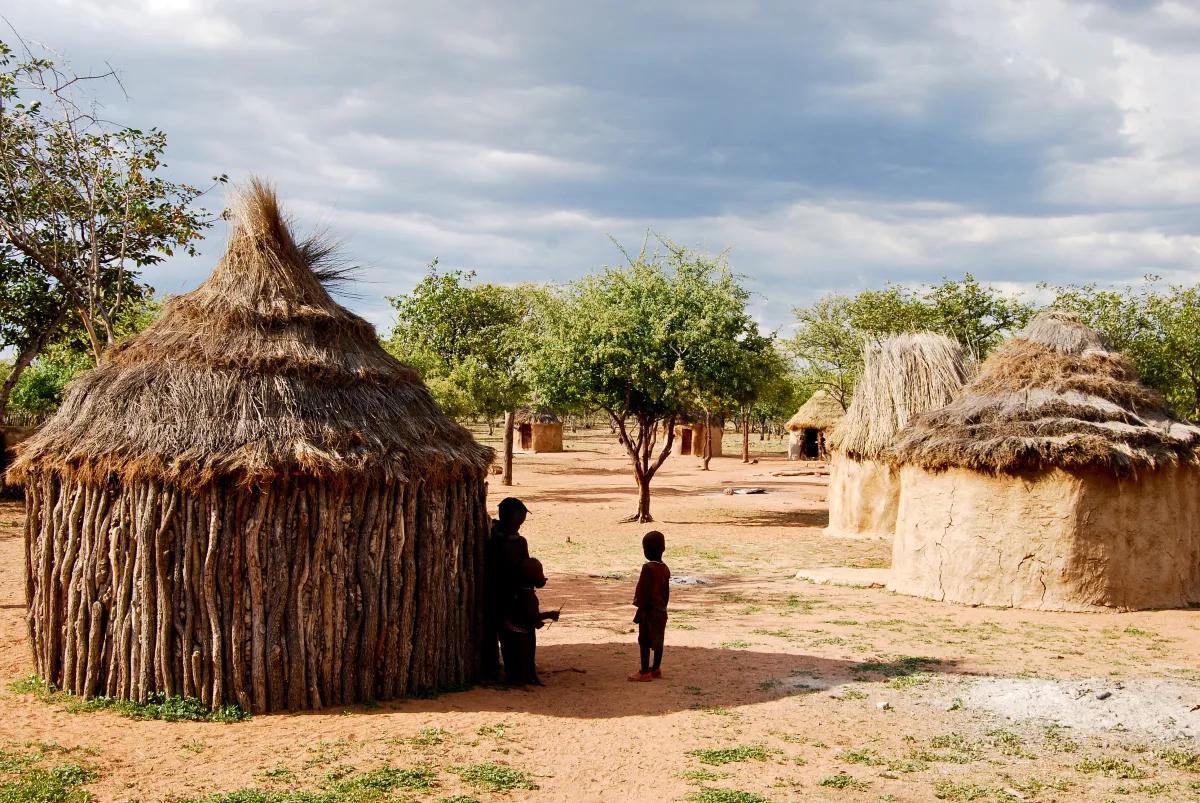The Resource Curse in the Least Developed Countries
Countries with over a billion people often have resource-rich economies, but their economic growth and sustainability vary. Many face challenges aggravated by the recent pandemic, severely impacting underdeveloped and developed economies. Natural resource volatility and weak financial systems have been particularly problematic. Despite being resource-abundant, these economies struggle with ecological, environmental, resource depletion, and political instability issues, hindering sustainable resource extraction and foreign technology and skill investment. Global carbon emissions remain high, compromising ecological sustainability and economic growth. Sustainable development requires efficient management of resources, finance, and energy sectors to mitigate ecological threats. Natural resource rents are significant income sources in these economies, but their extraction can lead to economic issues like resource curse and Dutch disease or boost real sector growth. As such, effective resource management is critical to economic growth.
This study by Sunway University's Dr Arsalan Zahid Piprani and colleagues examines two main objectives in the world's least-developed countries (LDCs). First, it investigates the relationship between natural resource revenues, Foreign Direct Investment (FDI), and GDP growth, given the asymmetric growth in resource-rich economies. It addresses the impact of resource utilisation and FDI on economic development, considering the risks of the resource curse and Dutch disease. Second, it assesses the impact of energy efficiency and electricity access, highlighting their potential to enhance sustainability and productivity. The study spans 1989 to 2021, uses various time series and regression techniques, and incorporates the post-pandemic context. Its findings aim to inform policy decisions on sustainable resource use, FDI regulation, and improving energy efficiency and electricity access in LDCs.
Using parametric methods, long-term relationships between economic variables are analysed, focusing on mineral rents and their impact on GDP growth. Findings reveal mineral rents negatively affect economic growth in least-developed countries (LDCs), indicating a resource curse. Conversely, access to electricity significantly boosts sustainable economic growth. Also, energy efficiency positively influences GDP growth, emphasising its role in reducing energy poverty and aiding sustainable development. However, Foreign Direct Investment (FDI) in LDCs can negatively impact economic growth due to poor governance and exploitation of resources or labour without contributing to sustainable domestic growth. The study also finds that forest rents have a detrimental effect on sustainable growth due to deforestation and unsustainable practices.
The study's robustness is confirmed by comparing two parametric strategies for assessing mineral rents and FDI, considering structural breaks in the data. Despite early shocks, mineral rents and FDI show similar impacts on economic growth, but later events like the Asian financial crisis and the 2008 global crisis disturbed FDI. The non-breaking variables, including electricity access, energy efficiency, and forest rents, show consistent results across different methods. The analysis concludes that sustaining natural resources and enhancing electricity access and energy efficiency are crucial for promoting sustainable economic growth in LDCs.
Sustained economic growth is recommended in least-developed countries (LDCs). Firstly, to combat the 'resource curse,' it's crucial to diversify economies away from over-reliance on natural resources, avoiding the 'Dutch disease' and 'paradox of plenty' that hinder overall economic progress. Secondly, the adverse effects of Foreign Direct Investment (FDI) on LDCs' growth necessitate revising the investment climate. This involves enhancing governance, reducing corruption, strengthening legal frameworks, and promoting FDI in sectors that yield long-term socio-economic advantages. Finally, the positive impacts of energy efficiency and electricity access on growth call for increased investment in energy infrastructure, focusing on renewable energy. This aligns with global shifts towards sustainable, green economies and aims to reduce fossil fuel dependence and minimise environmental impacts.
In conclusion, a strategic shift is imperative as least-developed countries strive for sustainable growth. This includes diversifying economies, enhancing governance for Foreign Direct Investment, and prioritising energy efficiency and electricity access. These measures pave the way for economic resilience and contribute to a greener and environmentally conscious future. Embracing these changes will empower nations to overcome challenges and foster inclusive development for future generations.
Dr Arsalan Zahid Piprani
Sunway Business School
Email: @email
This article has been adapted from Ling Lin, Mu Li, Xinmeng Hou & Arsalan Zahid Piprani (2024), The resource curse in the least developed countries: The roles of foreign direct investment, energy efficiency, and electricity access, DOI: https://doi.org/10.1016/j.resourpol.2023.104564




